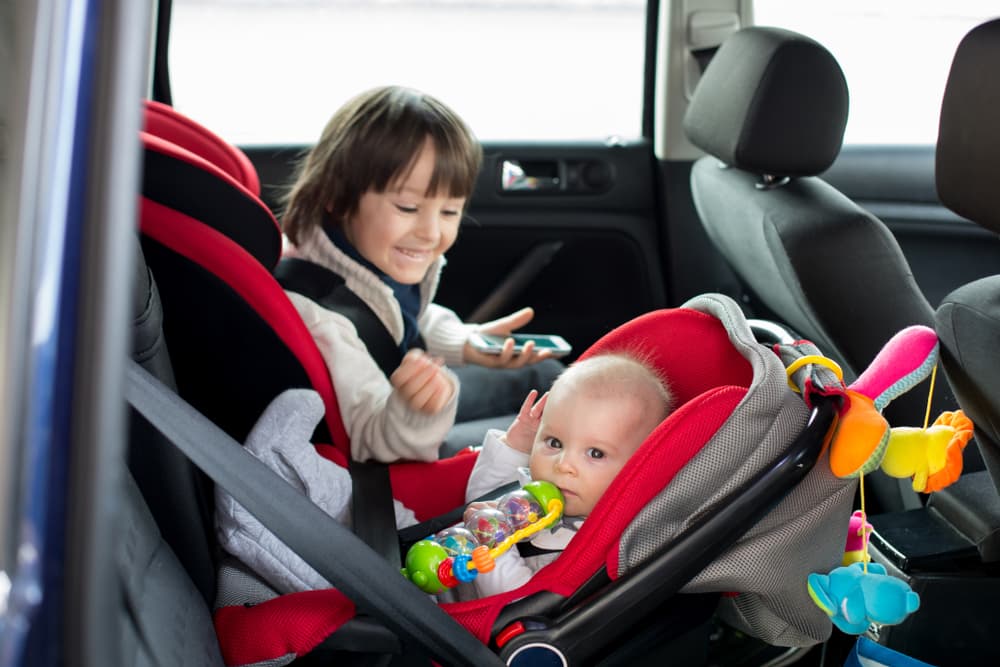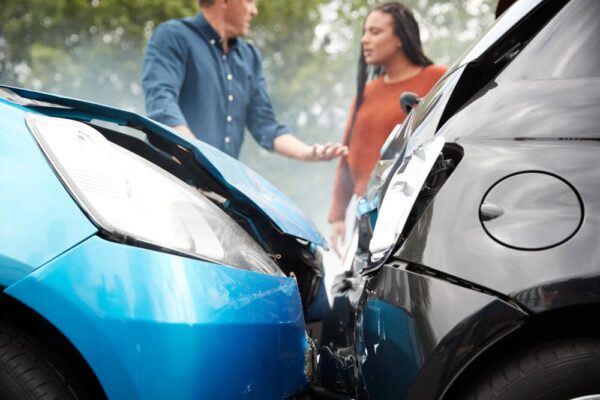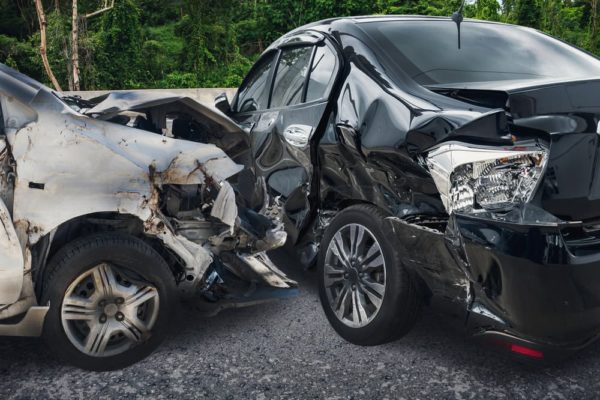Car Accidents
Be Aware of Texas Car Seat Laws 2023 (updated)

Summer is almost here, and that means road trip season. While getting out on the road with your family is a great way to see the country and reconnect with friends and loved ones, you want to make sure to keep your kids safe in the process – and to be in compliance with Texas’s state laws as they relate to car seats.
Statistics indicate that around 325 children younger than age five have their lives saved due to car seats each year in the United States. Every parent should stay aware of car seat laws and requirements in Texas to help protect their children should a car accident happen. In the frightening event, your child suffers injuries in a crash, you should speak with an Austin car accident lawyer as soon as possible.
Car Seat Laws in the State of Texas
The car seat laws in Texas have not changed from 2022 to 2023. If you were in compliance last year, however, do not assume you are still in compliance this year. Children grow quickly, and their car seat needs to change as they grow taller or heavier. Just because laws stay the same does not mean that your car seat should necessarily stay the same, as well.
Safe Kids Worldwide shares the following laws related to car seat usage in the State of Texas:
- A car seat (or child restraint) that is both size and weight appropriate is required for every child who is seven years old or younger or who is under 57 inches in height. A child who exceeds these limitations can use your car’s seat belts.
- Seat belt laws apply to both the front and the back seats in Texas.
The Texas DOT shares that all children with the requirements above must be secured in a child safety seat every time they ride in a car or another kind of vehicle. Older children who have outgrown the height or weight limitation for their booster seats must be buckled in with seat belts. If your child grows tall enough or turns eight, they must sit in the back seat with a seat belt until age 13. Then, they can sit buckled in the front seat.
Keeping Your Kids Safe and Choosing the Best Car Seat
Car seats should always be federally approved, which means they passed crash tests and obtained certain safety certifications. Many states have more precise laws in place regarding car seat requirements for children than Texas does, which makes knowing how to buckle your children into your car safely paramount. Safe Kids Worldwide shares the following safety recommendations that can help you do just that as follows:
- Start with a rear-facing seat until an infant is at least one year old or over 20 to 22 pounds. The Texas Department of Safety recommends keeping your infant in a rear-facing seat until they outweigh the harness limits.
- Switch to a forward-facing seat, and toddlers or small children should remain in this seat until they outweigh the harness limits, which can range from 40 to 65 pounds.
- Children who are shorter than 4’9” or younger than eight should use a booster seat.
Parents should ensure that each type of seat base is installed properly in the vehicle for maximum protection. Parents can request inspections of their car seat installation from the Texas Department of Transportation (TxDOT).
Child Injuries Still Happen
Even if parents do everything right to protect their children, the reality is those car accidents can still cause injuries to children. If you are in a crash and your child has visible injuries, hit their head, or seems to be in pain, take them to the emergency room right away. It is critical to get an immediate diagnosis for both your child’s health and a future injury claim.
If someone else was at fault and your child has injuries, consult with a car accident attorney about your options. We can evaluate whether you have a claim and help you seek justice for your child’s injuries and your family’s financial losses.
Injuries Can Affect Children Differently
Children are smaller and weigh less, so they are often more vulnerable in a car crash. An impact can cause serious traumatic injuries that can affect them in different ways than adults.
For example, when a child breaks a bone, they might need to see a pediatric specialist to make sure the bone is fully aligned and heals that way. If a child breaks a growth plate, they might require one or multiple surgeries to repair the problem. Even with treatment, a growth plate fracture can cause a shorter limb or other deformities.
Children who hit their heads in car accidents can suffer concussions or other traumatic brain injuries (TBIs). Not only are young children more susceptible to suffering a concussion, but the effects of a brain injury can also be worse than in an adult. The brains of children are still forming, so any damage to their brain tissue can cause lasting changes to their:
- Cognitive abilities
- Personality and temperament
- Physical coordination
- Sensory abilities
A child’s entire life path can be completely altered if they suffer a brain injury in a car crash.
If a child is not properly strapped into a car or booster seat, they might suffer injuries to their chest cavity, which can cause fractures to the delicate bones and/or internal organ damage. Often, children have difficulty recovering from seriously damaged organs, and they might not recover, or the injury can also be fatal.
Your Rights if Your Child Suffers Injuries
If your child is injured in a car accident, you will likely have medical bills and other losses. They might fall behind in school or sports, and they might experience permanent impairments, pain and suffering, and more. As a parent, not only do you want financial support for their injury-related expenses, but you also want justice for what your child experienced.
If someone else caused your accident, you can seek compensation for your child’s losses from that driver’s insurance company. Some examples of conduct that can lead to liability for your child’s injuries include:
- Distracted driving
- Drunk or drugged driving
- Speeding
- Running red lights
- Failing to yield
- Aggressive driving
- Drowsy driving or falling asleep at the wheel
- Violating other traffic laws
When a child suffers injuries, the insurance company will look at whether they had a proper restraint system in line with Texas car seat requirements. If so, their car or booster seat should not affect the injury claim process at all.
However, if your car seat was not in compliance with 2023 requirements, the insurance company might use this to try to reduce or deny your compensation. Discuss these issues with a car accident attorney immediately.
An Austin Car Accident Lawyer is Ready to Help
At TK Injury Lawyers, we hope that all Texas children stay safe in their car and booster seats and remain injury-free. However, we know those car accidents and injuries happen, and we are here to help when they do. Contact us for a free case evaluation today.
Related Articles

Driving Without Insurance in Texas
It is an unfortunate fact of life, but accidents happen. Every day in Texas, people behind the wheel find themselves in a collision with other drivers and sadly suffer injury to their bodies and their vehicles. However, the greatest loss in a fender bender tends to occur when one or both parties is uninsured. Car […]

Texas Diminished Value Claims After A Car Accident
Does Texas pay diminished value claims? Many car accidents result in significant damage to your vehicle, which can impact its overall value even after it is repaired. In Texas, you have the right to seek compensation for the diminished value of your vehicle under certain circumstances. Discuss a possible claim with an Austin car accident […]